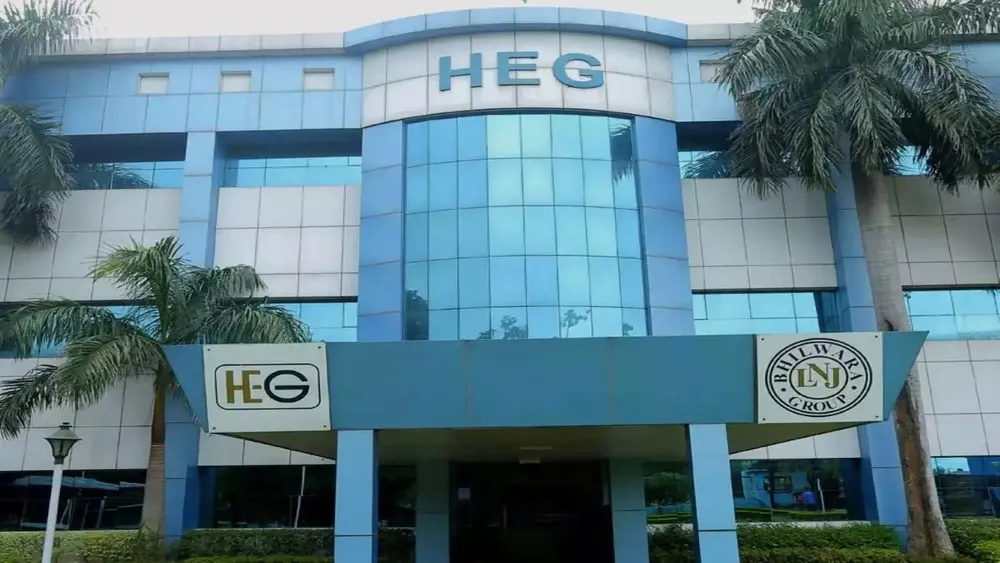 |
|
The recent surge in HEG shares, culminating in a 52-week high, is primarily attributed to a significant ₹172 crore block deal. This substantial transaction injected considerable positive momentum into the stock, attracting investor attention and driving up the price. The three consecutive days of price increases signify a strong market confidence in HEG's future performance and prospects. Understanding the intricacies of this event requires a closer examination of the block deal itself, the current market conditions, and the overall financial health of HEG. The block deal, a large off-market transaction involving a substantial number of shares, often indicates a significant shift in ownership or a strategic investment by a major player. This can influence investor sentiment, triggering a ripple effect on the stock price. The size of the deal, ₹172 crore, underscores its impact on the market. Such large transactions are typically closely scrutinized by analysts and investors, and the positive market response indicates a perception that the deal is beneficial for the company's future trajectory.
Market conditions play a crucial role in the success of such transactions. A bullish market environment, characterized by overall optimism and strong investor confidence, tends to amplify the effects of positive news, such as a large block deal. Conversely, a bearish market might dampen the impact. The current macroeconomic climate, including interest rates, inflation, and geopolitical factors, all contribute to the overall market sentiment. To fully understand the impact of the ₹172 crore block deal on HEG's share price, it's important to consider these broader market forces. Were these forces supportive of increased stock values, exacerbating the positive effects of the block deal? Or did the deal itself create a positive sentiment within a possibly neutral market environment? Analyzing these factors requires a comprehensive understanding of macroeconomic data and trends.
HEG's own financial health and performance are undeniably key factors driving investor interest and subsequent stock price movements. The company's financial statements, including profitability, revenue growth, and debt levels, all contribute to investor confidence. Any signs of strong financial performance can significantly influence investor sentiment, attracting further investment and driving up the stock price. Examining HEG's recent financial reports, comparing them to previous quarters or years, and analyzing industry benchmarks can reveal insights into the company's performance and its future prospects. Strong earnings reports, positive projections, and strategic business decisions all contribute to a positive narrative surrounding the company, bolstering investor confidence and contributing to the recent surge in share prices. In essence, the interplay of the block deal, broader market conditions, and HEG’s intrinsic performance and stability converge to explain the current state of the company’s stock price.
Looking ahead, it remains crucial to monitor several factors to accurately predict the long-term trajectory of HEG shares. Sustained financial performance will be paramount; continued profitability and growth will solidify investor confidence. Further, the broader economic climate will play a significant role; shifts in market sentiment and macroeconomic indicators could impact the stock price. Finally, any significant changes in the company's strategy, such as new product launches or acquisitions, could trigger further fluctuations. Therefore, a comprehensive analysis necessitates a continuous assessment of these interconnected factors. The current 52-week high marks a significant milestone, but future performance hinges on a continued confluence of positive factors. Ongoing market observation and a detailed understanding of the company's operational and strategic plans are critical for any informed investor to assess the risks and potential rewards associated with HEG shares. The situation exemplifies the dynamic interplay of various economic and corporate forces that influence market valuations.
